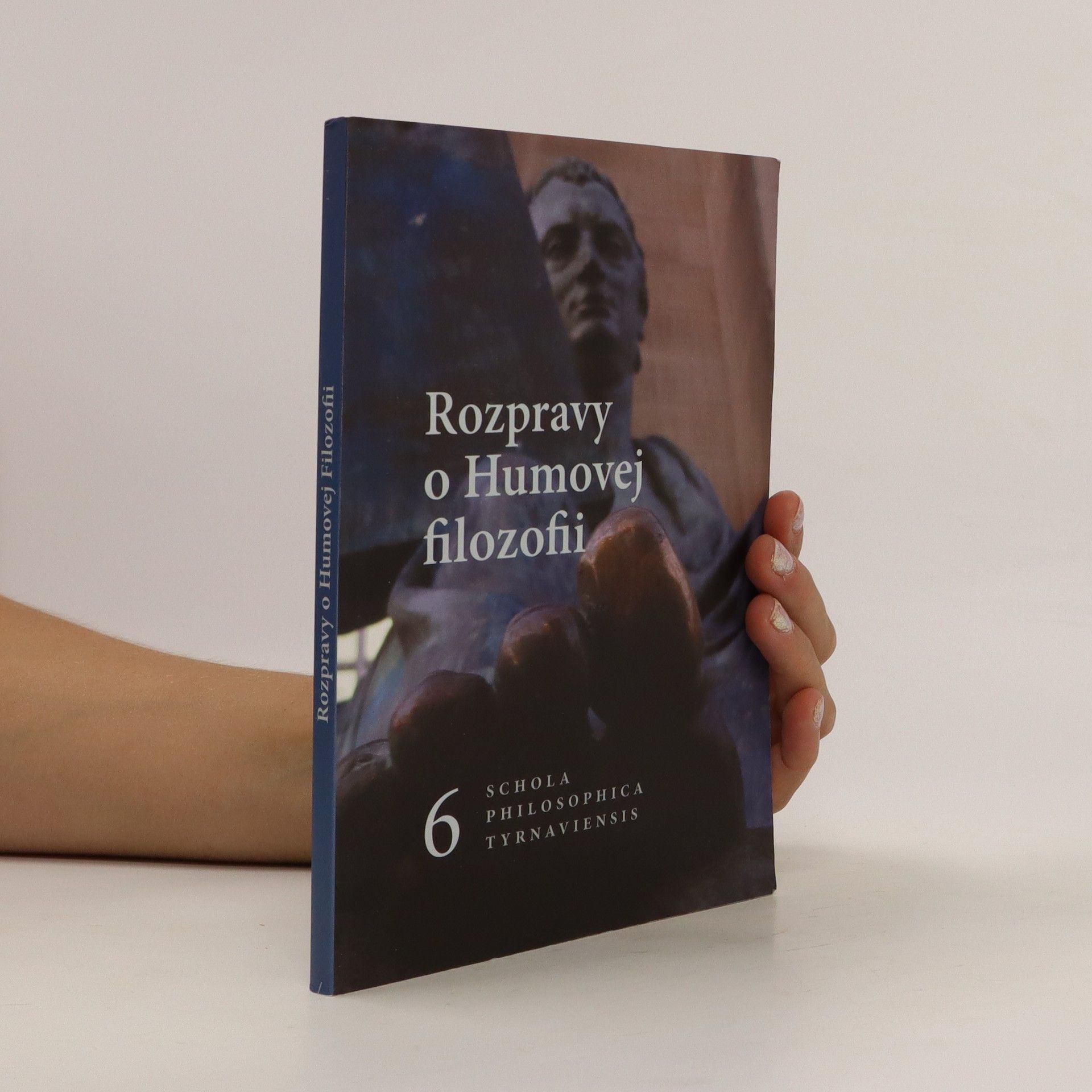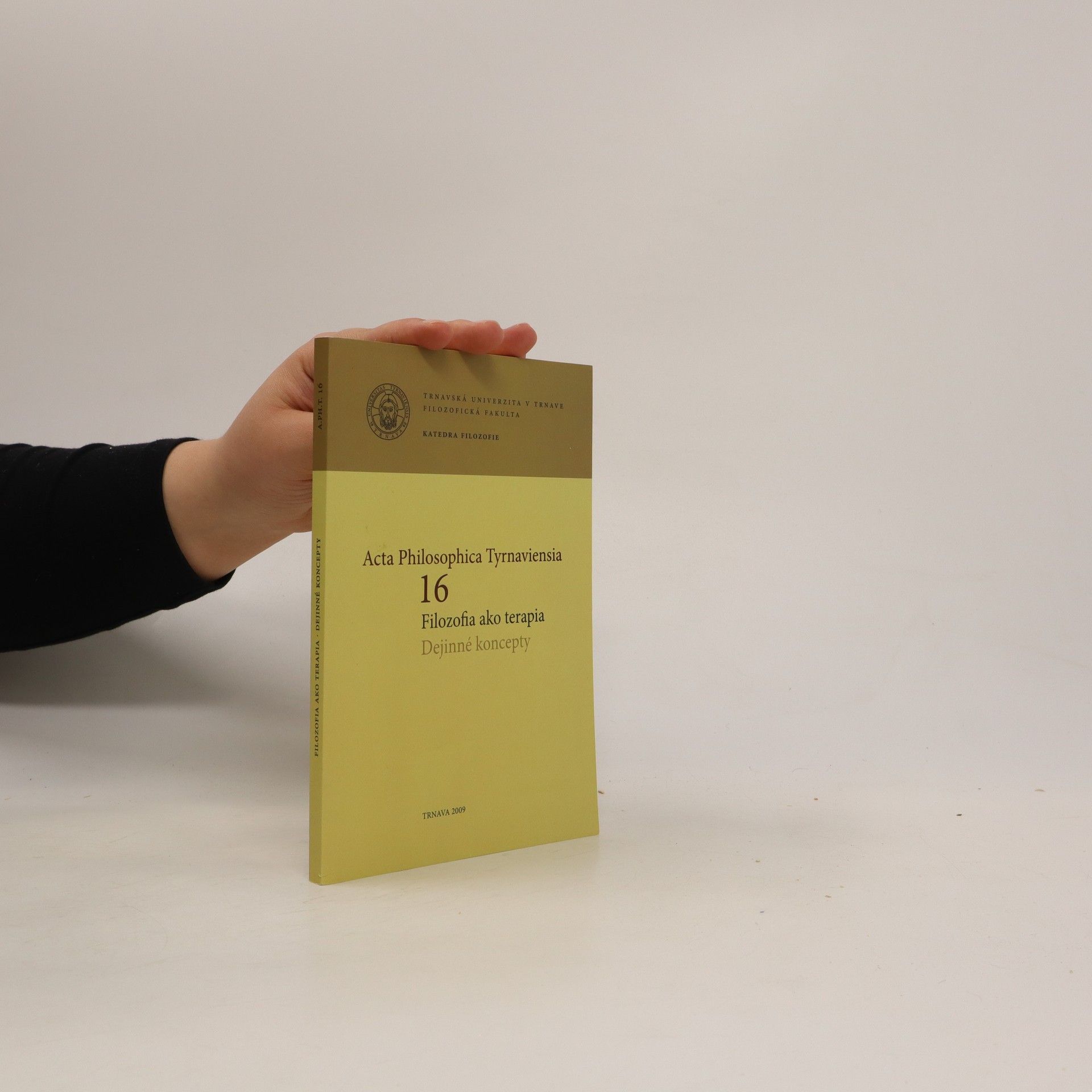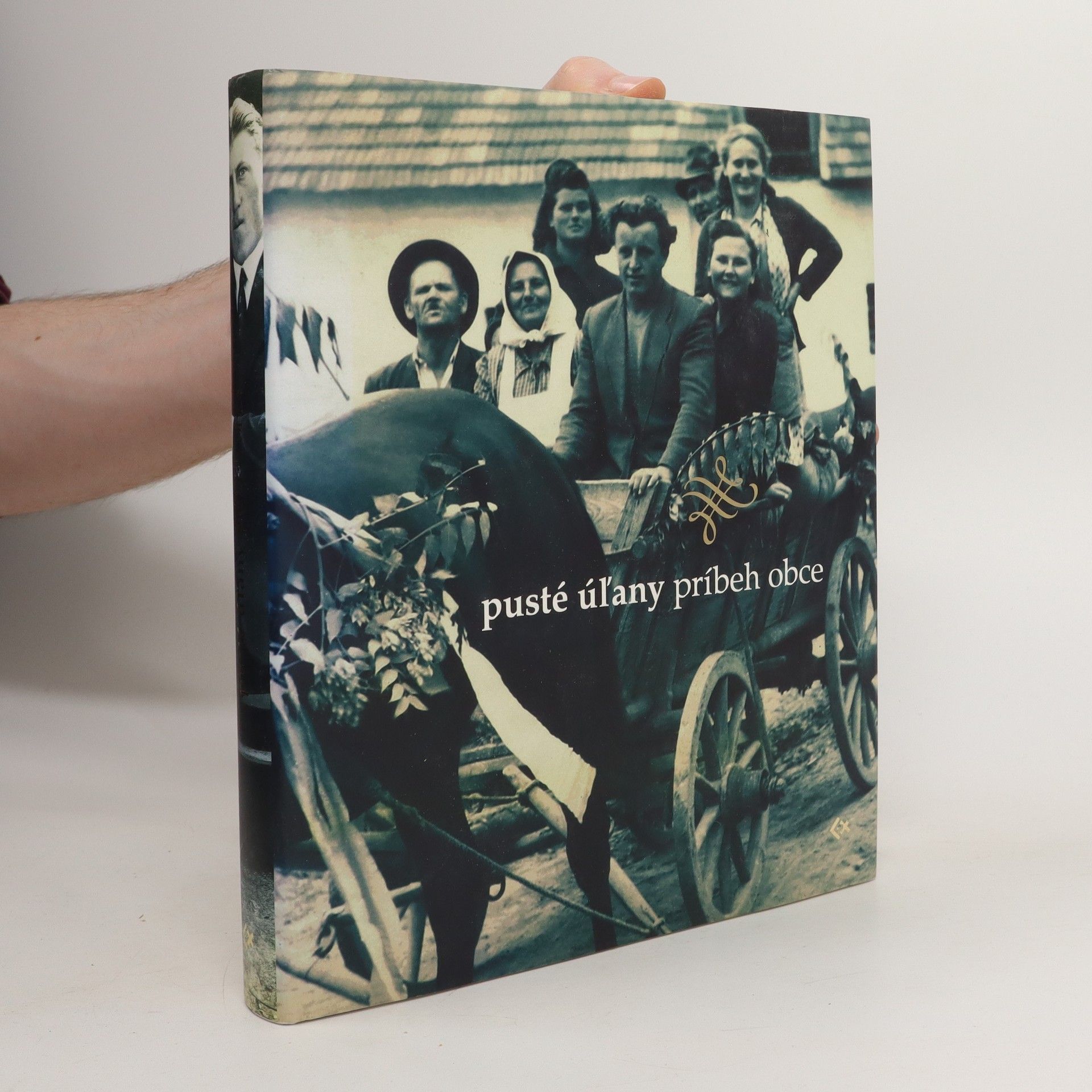Andrej Démuth Reihenfolge der Bücher (Chronologisch)


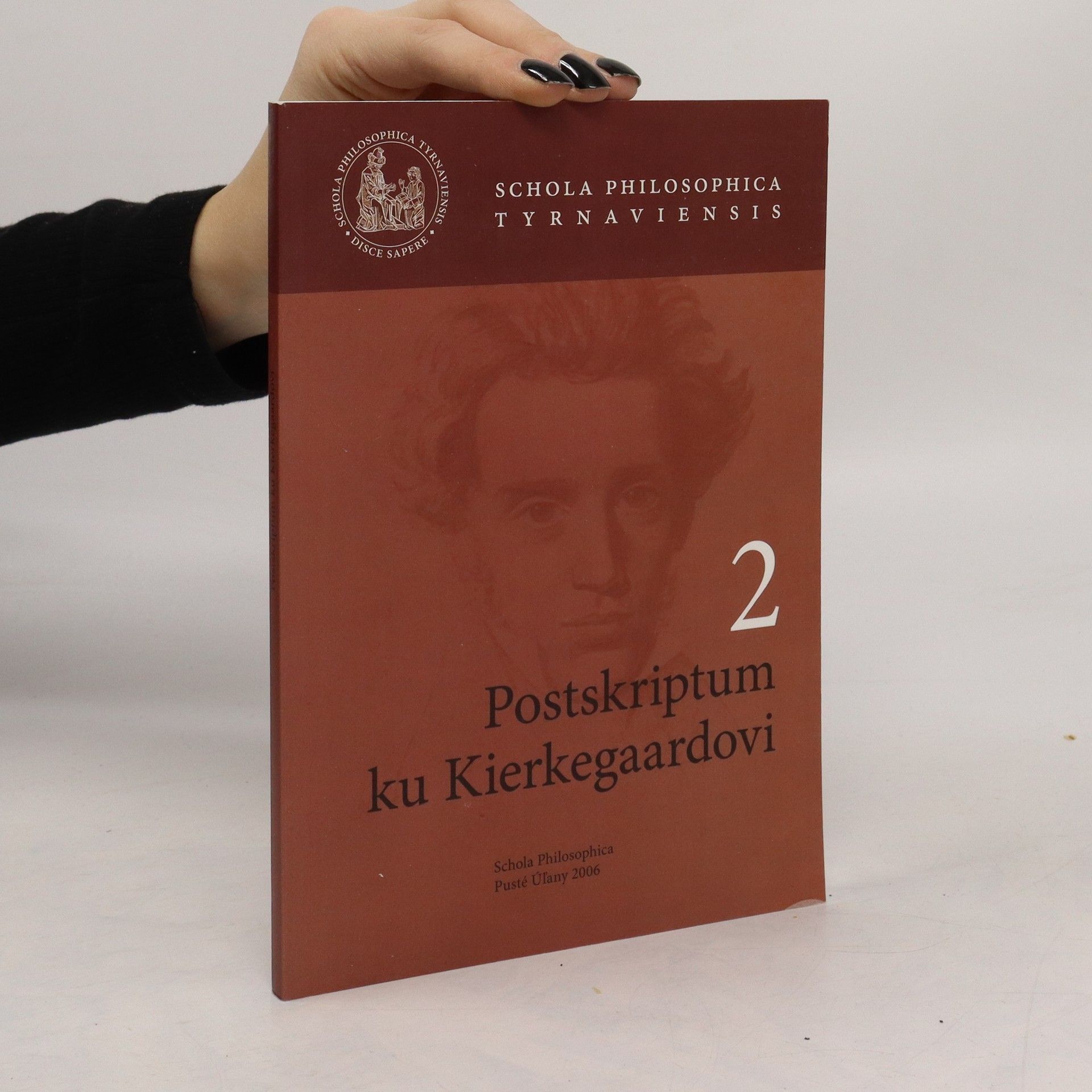
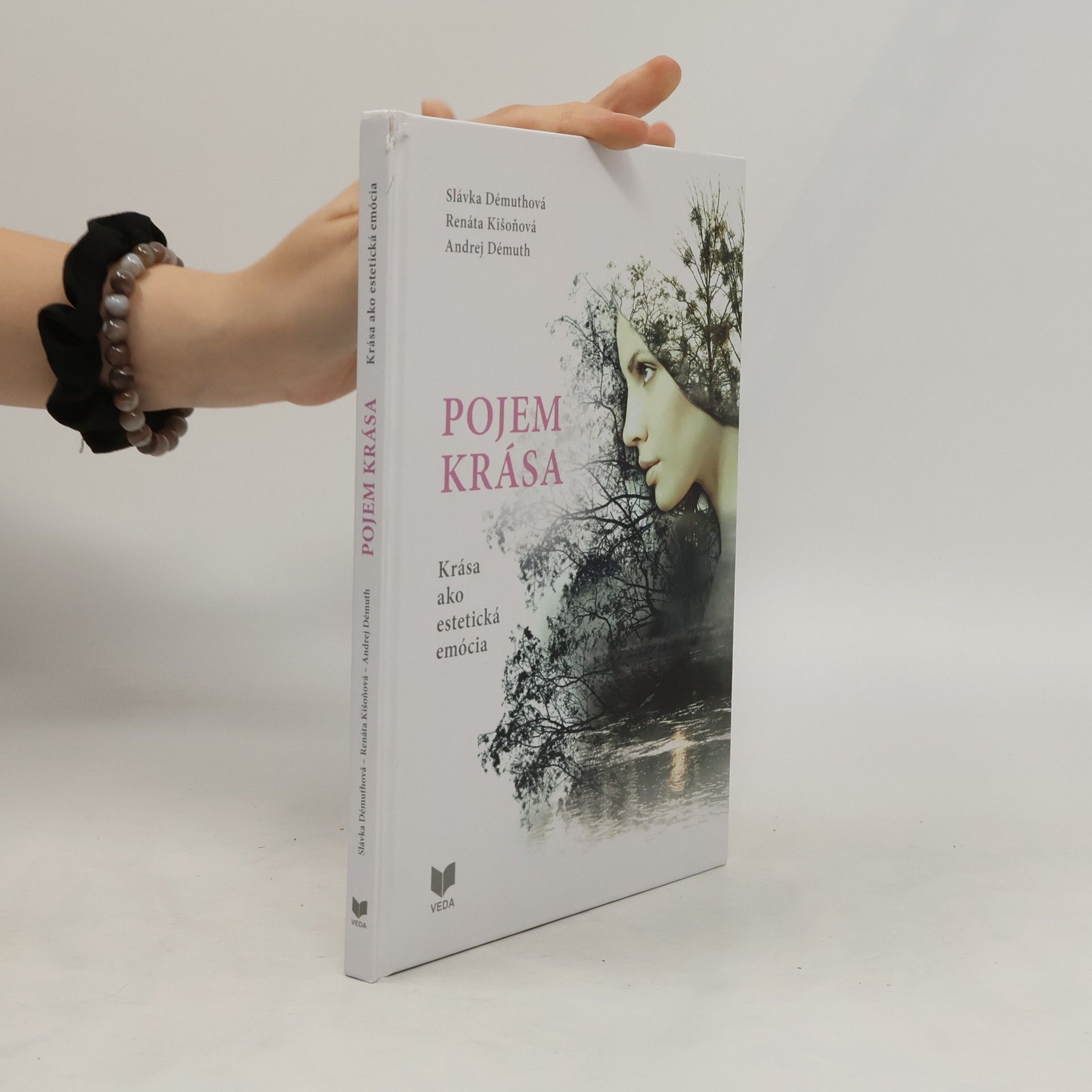
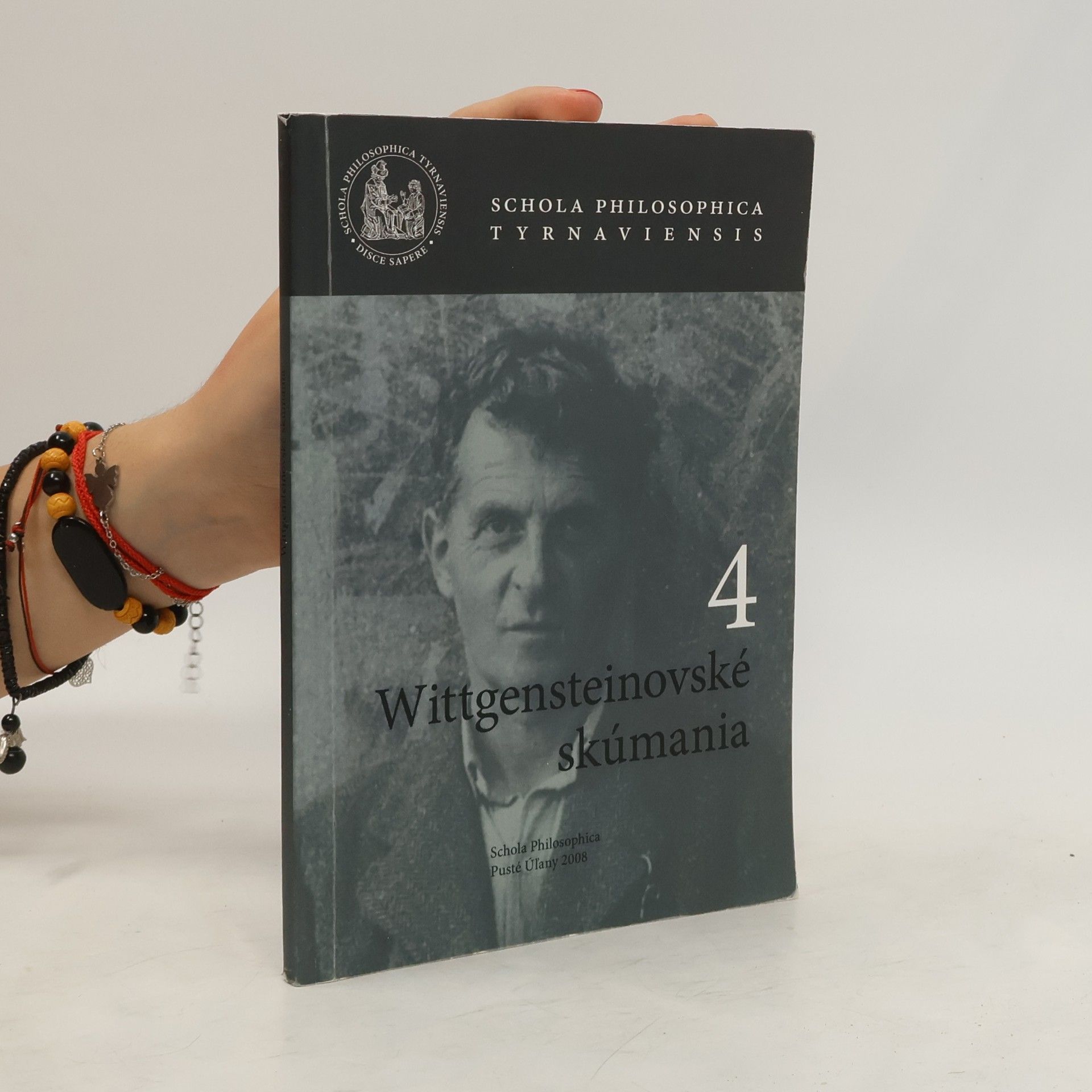


Anger as a/moral emotion
- 220 Seiten
- 8 Lesestunden
Anger is explored as a vital signal indicating dissatisfaction and moral opposition to injustice and relationship disruptions. The book emphasizes its role in highlighting the need for restoring trust and rectifying wrongs, framing anger not just as an emotion, but as a call to action for healing and reconciliation in interpersonal dynamics.
A Conceptual and Semantic Analysis of the Qualitative Domains of Aesthetic and Moral Emotions
An Introduction
- 168 Seiten
- 6 Lesestunden
Focusing on the qualitative aspects of aesthetic and moral emotions, this collection of studies delves into conceptual and semantic analyses. It serves as both a thematic and methodological introduction to the systematic interdisciplinary exploration of human emotionality, offering insights into how emotions shape our understanding of aesthetics and morality.
Krajina prítomnosti a zabúdania
- 192 Seiten
- 7 Lesestunden
Podtitul: Príbeh a reflexia pustoúľanskej historickej krajiny Kniha približuje históriu a dejinné stopy, ktoré formovali výraz otvorenej krajiny na pokraji Podunajskej nížiny v tesnej blízkosti Čiernej vody, Malého Dunaja a Trnavskej sprašovej tabule. Text netematizuje len geologické dejiny územia alebo historické míľniky, ktoré formovali jeho tvár, ale pokúša sa čitateľovi ukázať, že krajina je vizuálnym archívom, ktorý nám (pri správnom dívaní) sprístupňuje svoju minulosť (halštatské kniežiace mohyly, zabudnutý zaniknutý románsky kostol sv. Jakuba či zaniknuté stredoveké sídla, pôsobivú barokovú Kaplnku Navštívenia Panny Márie a iné drobné sakrálne stavby, povesťou opradenú starú lipu, premyslene a systematicky odvodňované nebezpečné močiare (Csádé), staré poľné i kráľovské cesty, pozoruhodnú úzkokoľajnú železničku, prevádzkovanú animálnym pohonom, staré aleje, lesy či stromoradia). Zároveň popri skúmaní Belových Vedomostí… a iných historických dokumentov či máp upriamuje pozornosť najmä na prítomný okamih, ktorý sa zhmotňuje v pocitoch vyvolaných pohľadom na krajinu.
Poznanie, vedenie alebo interpretácia?
- 262 Seiten
- 10 Lesestunden
Kniha sprevádza čitateľa pri hľadaní odpovedí na otázky: Čo je poznanie? Čo ho ovplyvňuje? Aké sú jeho podmienky? Je poznanie vôbec možné? Čo je to pravda? Autor predstavuje aktuálne problémy epistemológie a pokúša sa o filozofickú analýzu interdisciplinárnych výzkumov z oblasti kognitívnych vied a ďalších disciplín /psychológia, biológia, matematika, lingvistika, myšlienkové experimenty filozofie mysle, teórie hier, etológie a mnoho iných/. Kniha je úvodom do systematickej epistemológie, ale aj filozofickou esejou, ktorá predstavuje klasický problém s jeho neortodoxnými riešeniami.
